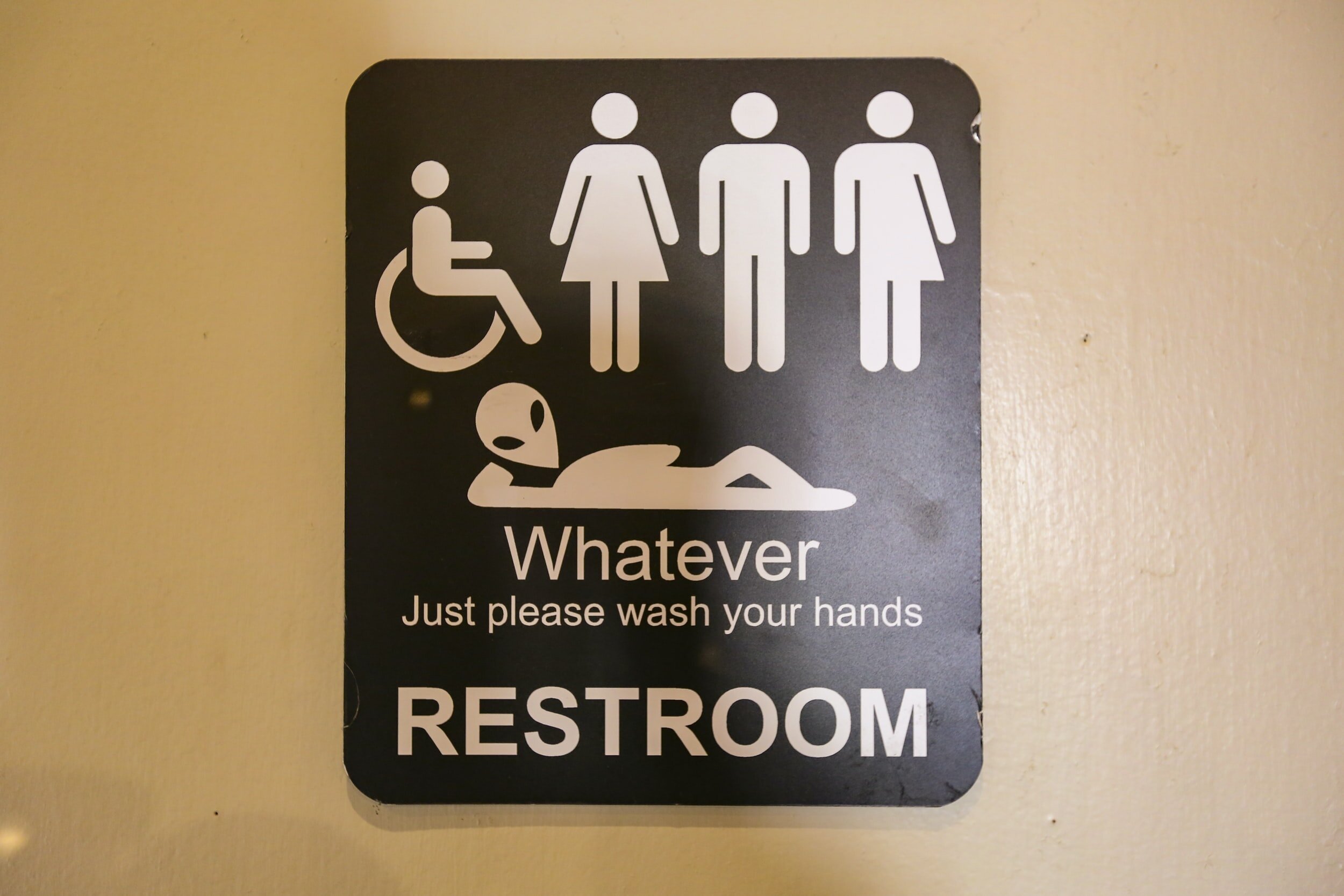College | Disability | Information
On Monday, we introduced you to the history of United States legislation surrounding legal protections for those of us with IBD or other disabilities. If you missed it, you can check it out here. Today, we are tackling reasonable accommodations and how they can positively impact the lives of students with disabilities.
As you may recall from our previous blog, the Americans with Disabilities Act of 1990 (amended in 2008) protects otherwise qualified individuals with disabilities from discrimination. It additionally ensures access to reasonable accommodations in education and employment settings.
While this explanation might seem straightforward at first, one must know the meaning of an otherwise qualified individual and a reasonable accommodation to fully understand the law.
In order to qualify for protection under ADA, you must be an otherwise qualified individual with a disability.
In terms of employment, an otherwise qualified individual is a person who can perform all essential job functions with or without reasonable accommodations. When referring to education, a qualified person is a student who meets the academic and technical standards required for admission into a program or class.
This means that you must meet your job or school’s requirements despite your disability. Having a disability or chronic diagnosis does not exempt you from essential aspects of a job or program. For instance, you cannot be exempt from a prerequisite for a class.
Nevertheless, the ADA makes it illegal for employers or schools to create criteria meant to screen out people with disabilities. The requirements for a specific job or admission to a program are usually clearly outlined in application forms. If there is a dispute about whether or not an employee or student is an “otherwise qualified” individual, the court will analyze these documents. It will also examine the intention of any requisites. The key question they ask is: is this requirement reasonably necessary for the purpose of the program/ employment position? It would not be reasonably necessary for an office job to require a certain level of physical fitness for applicants. On the other hand, it might be reasonable to have a lifting requirement for a factory assembly-line job.
In sum, as long as you meet the set of reasonable prerequisites for a program or employment position, a business or school cannot discriminate against you on basis of your disability (note: this does not mean that you will automatically get the position or get into the program).

Image by Mick Haupt on Unsplash
Your ADA protection does not end with acceptance. IBD can pose a host of challenges to employment and school work. For this reason, the ADA requires schools and employers to make reasonable accommodations.
Reasonable accommodations are equity measures that allow an individual with a disability to perform the essential functions of their job by removing workplace (or school) barriers. For some people with IBD or an ostomy, physical workplace barriers may include restrooms not close to the individual’s workstation or a limitation on restroom breaks.
In such cases, an employee/ student is entitled to reasonable accommodations. An employee can request a workstation located close to the bathroom and additional bathroom breaks. A student can request stop-time bathroom breaks during tests and flexibility in a professor’s attendance policy (please note that unlimited absences will likely be deemed unreasonable; your accommodation specialist can help you determine a recent number of absences).
It is important to note that a reasonable accommodation cannot place an undue hardship on an employer or pose a fundamental alteration to an academic program. For example, it would likely be deemed unreasonable for an employee to ask her/his company to build a new bathroom or a nursing student to request an exemption from clinical rotations. The first example would result in a significant expense for the business and the second example would significantly alter the nursing program (You would not want to nurse who did not have significant hands-on practice!)
The reasonability of some accommodations might depend on specific circumstances. A remote work option might be a reasonable accommodation for a business job. Nevertheless, it would be considered unreasonable for someone with a hands-on job such as a physical therapist, surgeon, or educator. To learn more about enforcement as it relates to reasonable accommodation and undue hardship, check out the U.S. Equal Employment Commission’s “Enforcement Guidance on Reasonable Accommodation and Undue Hardship under the ADA.”
Examples of Reasonable Accommodations
School Accommodations
Work Accommodations
If you believe you will need accommodations for school or work, you should reach out to Human Resources (work) or the office of disability services (college). The professional with whom you consult will ask you to provide some form of documentation. This will likely take the form of a doctor’s note. The Crohn’s and Colitis Foundations offers a sample fill-in-the-blank note that you can give your provider.
It is critical that you are proactive when requesting accommodations. Schools and employers are under no legal obligation to provide retroactive accommodations. For example, you cannot ask for flexibility with attendance after you have already surpassed the maximum number of absences allowed. For this reason, it is often best to disclose upon starting a new job or education program. You are not required to use your accommodations, after all, so you might as well have them set up in case you need them. It is so much easier to have them established beforehand than to be dealing with meetings and documentation during a flare.
Finally, it is completely up to you to decide how much to share with your individual professors and co-workers. Your accommodation coordinator or boss must keep your medical information confidential.
-Jenny’s blog about accommodations in college.
-My blog about the history of the Restroom Access Act.
